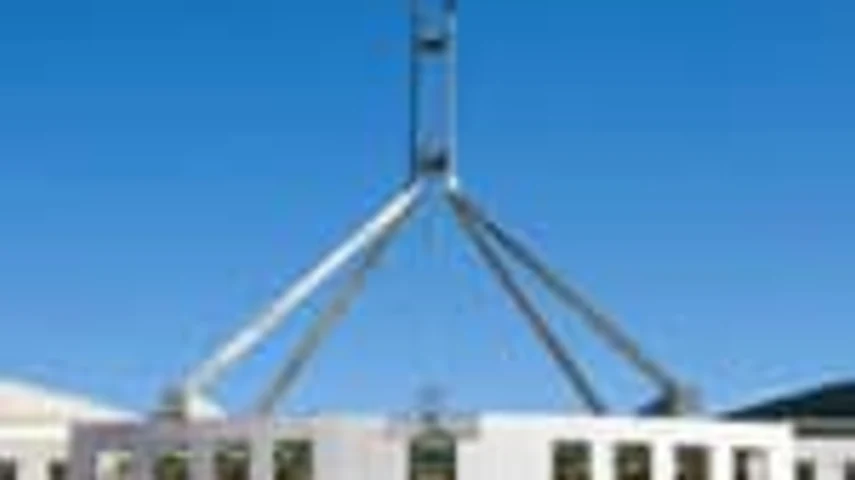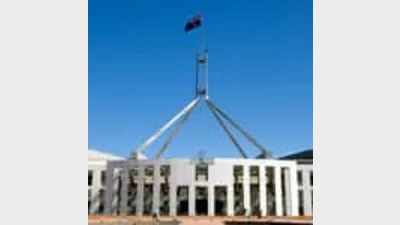Rising ECT breaches place new pressure on Government



The Federal Government has found itself under renewed pressure to fix the excess contributions tax (ECT) regime in the forthcoming Budget amid new Australian Taxation Office (ATO) data revealing ECT breaches are continuing to grow.
Institute of Chartered Accountants in Australia superannuation specialist Liz Westover has questioned the Government's motives for leaving the regime in its current state, pointing out that it appeared to have turned into a revenue raiser rather than a deterrent.
The Government used last year's Budget to change the arrangements around ECT breaches, but both the planning and accounting industries have argued it did not go far enough.
Examining the data released by the ATO, Westover said the Government and the regulators appeared to have got it wrong in believing that excess contribution tax contributions would decline as people became more aware of the consequences.
"When concessional contributions were introduced and ECT assessments started being issued, the government and regulators believed that the number of assessments would fall as people became aware of the new rules," she said.
"The latest figures indicate that this is clearly not the case," Westover said.
"ECT was originally introduced simply as a deterrent to people breaching super contribution caps, not a revenue raiser. With the complexity surrounding the caps and the rules around super, it is clear that people are still getting it wrong, and the number of inadvertent errors continues to rise," she said.
Westover said $132.5 million had been raised in 2009-10 financial year from ECT assessments, and she was concerned that the 2010-11 figures would be even higher.
"The Government has stated its commitment to a budget surplus. Is its reluctance to change the ECT linked to the revenue it is collecting?" she asked.
Recommended for you
The Australian Financial Complaints Authority has reported an 18 per cent increase in investment and advice complaints received in the financial year 2025, rebounding from the previous year’s 26 per cent dip.
As reports flow in of investors lining up to buy gold at Sydney’s ABC Bullion store this week, two financial advisers have cautioned against succumbing to the hype as gold prices hit shaky ground.
After three weeks of struggling gains, this week has marked a return to strong growth for adviser numbers, in addition to three new licensees commencing.
ASIC has banned a Melbourne-based financial adviser who gave inappropriate advice to his clients including false and misleading Statements of Advice.











